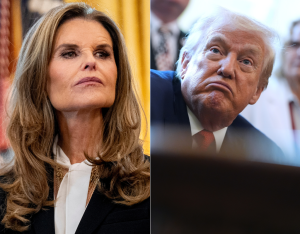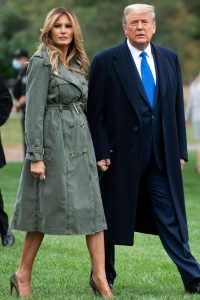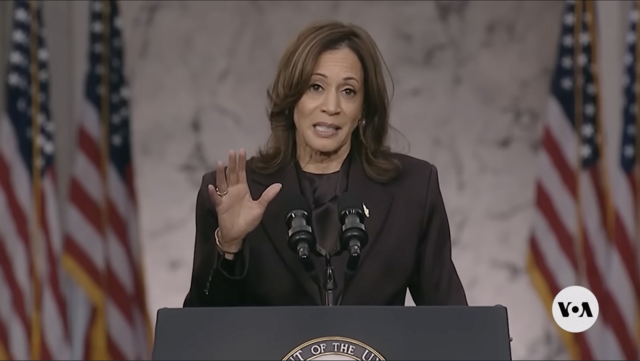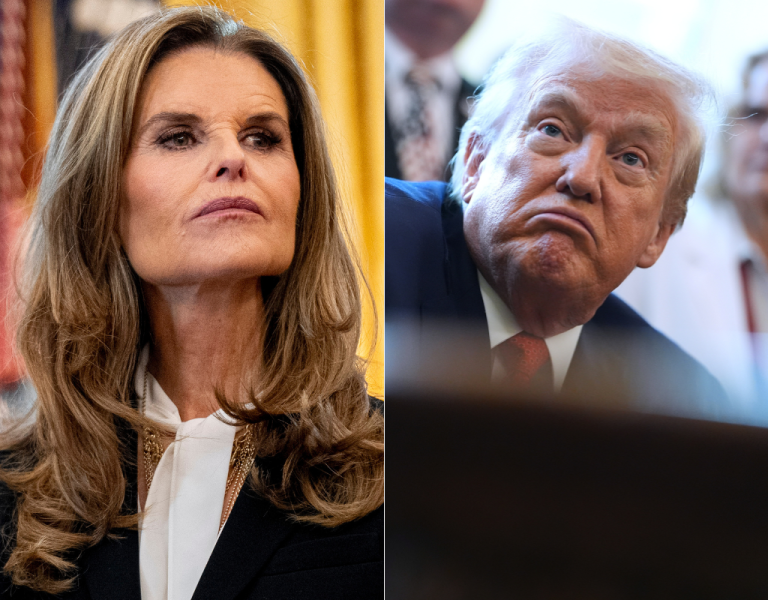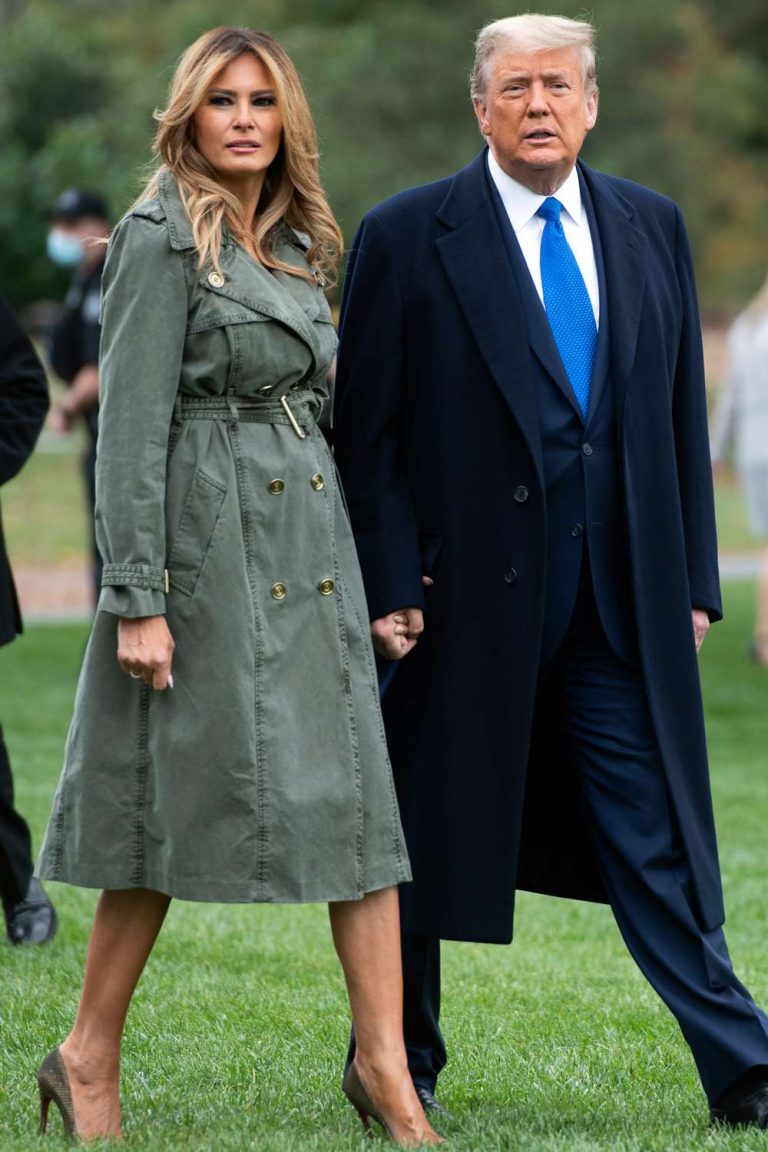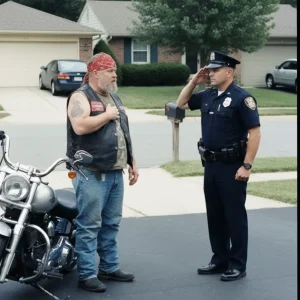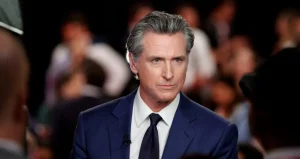LAPD Officers Pulled From Cases to Guard Kamala Harris After Trump Revokes Secret Service Protection
Former Vice President Kamala Harris is once again in the spotlight — but this time, the story centers not on politics or policy, but on her security.
According to FOX 11 Los Angeles, elite LAPD Metro officers have been reassigned to provide protection for Harris after President Donald Trump ended her extended Secret Service coverage last week.
Why Harris Lost Secret Service Protection
By statute, former vice presidents receive Secret Service protection for six months after leaving office. Harris, who left office in January 2025, was originally due to lose her detail in July of that year.
However, former President Joe Biden authorized an extension through July 2026, citing elevated threats against Harris during her term. That extension was revoked by Trump just eight months into his second term.
The decision mirrors similar moves Trump made earlier this year to end Biden-era extensions for other former officials, including John Bolton, Mike Pompeo, Hunter Biden, and Ashley Biden.
White House aides argue the changes align security practices with long-standing precedent, pointing out that former Vice President Mike Pence did not receive extended protection.
LAPD Steps In
In the absence of Secret Service coverage, LAPD Metro officers have reportedly been stationed outside Harris’ Los Angeles home around the clock.
The decision has raised eyebrows, as it means local law enforcement resources — typically dedicated to crime suppression and investigations — are now tasked with protecting a former federal official.
Some residents expressed frustration to local reporters, suggesting Harris’ publisher should cover her security costs as she embarks on an upcoming 15-stop international book tour.
Others argued she should continue to receive taxpayer-funded protection, given her national profile and recent history of threats.
Political Leaders Respond
Los Angeles Mayor Karen Bass criticized the Trump administration’s move, calling it “another act of revenge.”
“This is another act of political retaliation in the form of firings, revoked clearances, and now security,” Bass said in a statement. “This puts the former Vice President in danger, and I look forward to working with the Governor to make sure she remains safe.”
California Governor Gavin Newsom echoed those concerns, framing the issue as a matter of principle.
“The safety of our public officials should never be subject to erratic, vindictive political impulses,” Newsom said, adding that his office is in discussions with the California Highway Patrol (CHP) about taking over Harris’ protection.
A Question of Precedent and Cost
The tug-of-war over Harris’ protection highlights larger debates about when — and how long — former officials should be shielded by government-funded security.
Critics of extended coverage say it places an unnecessary burden on taxpayers and diverts law enforcement resources. They argue that unless a former official faces a clearly documented, ongoing threat, protection should remain limited to the statutory six months.
Supporters counter that high-profile figures like Harris remain vulnerable long after leaving office, especially when traveling abroad.
The issue also touches on fairness. While Biden expanded protection for several allies, Trump has taken a different approach by restoring what he calls “consistency with the law.”
Harris’ Next Moves
The timing of the protection change comes as Harris prepares to launch her memoir, with stops scheduled across the United States and overseas. Security experts note that book tours present unique risks, as they involve public events, travel, and extensive media attention.
Whether Harris’ publisher will fund additional private security during the tour remains unclear.
Broader Context
The Harris decision is not happening in isolation. Since returning to office, Trump has moved quickly to scale back Biden-era security extensions. Supporters say it reflects his broader push for accountability in government spending, while critics see it as part of a pattern of political retribution.
Meanwhile, LAPD’s involvement has sparked questions about priorities in a city already struggling with violent crime and limited resources. Local leaders are now weighing how to balance Harris’ safety with the department’s broader responsibilities.
The Bottom Line
Kamala Harris no longer has Secret Service protection — a decision that has shifted her security burden onto local law enforcement and reignited debates over precedent, fairness, and public cost.
For now, LAPD officers are providing round-the-clock coverage. But the longer-term solution may depend on whether Governor Newsom and the CHP step in, or whether Harris’ private network — including her publisher — assumes the responsibility.

James Jenkins is a celebrated Pulitzer Prize-winning author whose work has reshaped the way readers think about social justice and human rights in America. Raised in Atlanta, Georgia, James grew up in a community that instilled in him both resilience and a strong sense of responsibility toward others. After studying political science and creative writing at Howard University, he worked as a journalist covering civil rights issues before dedicating himself fully to fiction. His novels are known for their sharp, empathetic portraits of marginalized communities and for weaving personal stories with broader political realities. Jenkins’s breakout novel, Shadows of Freedom, won national acclaim for its unflinching look at systemic inequality, while his more recent works explore themes of identity, resilience, and the fight for dignity in the face of oppression. Beyond his novels, James is an active public speaker, lecturing at universities and participating in nonprofit initiatives that support literacy and community empowerment. He believes that storytelling is a way to preserve history and inspire change. When not writing, James enjoys jazz music, mentoring young writers, and traveling with his family to explore cultures and stories around the world.
